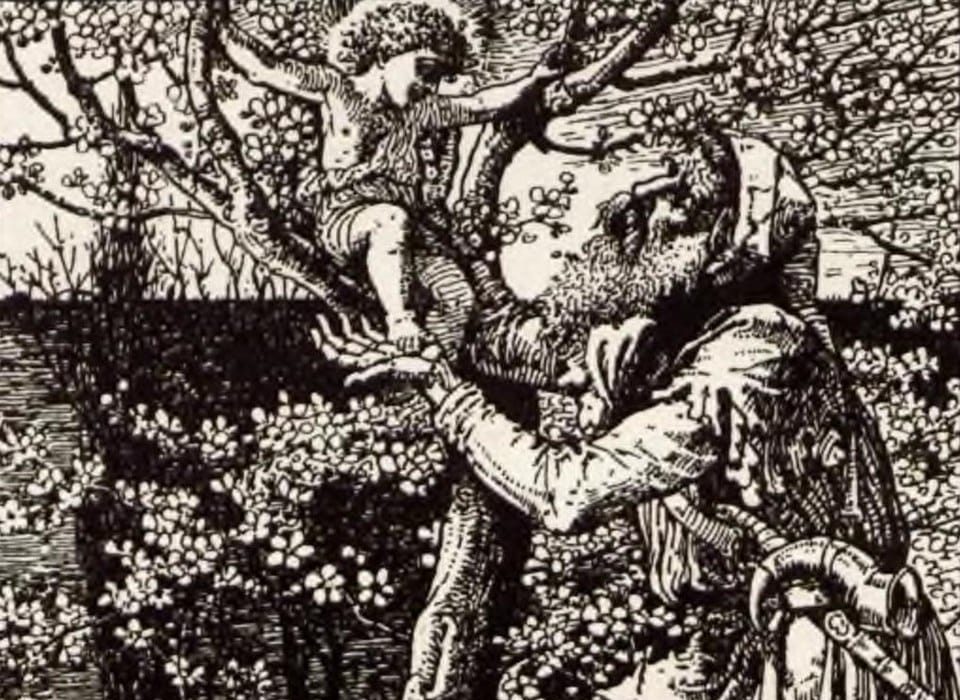Thomas Hardy wrote “Hap” in the 1860s and it was one of his earliest poems. It details happenstance, misfortune, and the random nature of the world. Hardy, who was in his 20s, was touching on a theme that would dominate much of his work throughout his life: that there is no Gods’ plan and that chance rules our lives instead.
Background and Analysis
We could look at this poem, ideally, from a previously discussed discipline that appears in the neutral form of “naturalism,” which doesn’t “care about humanity and (is) neither good nor bad” (BA English Notes). This, of course, is a more rational appeal toward nature and our own lives because we aren’t necessarily looking to the mystical for knowledge, but, rather, our own abilities and intuition.
“Hap” is a blending of Italian and English sonnet forms because “the first eight lines rhyme ababcdcd rather than abbaabba,” and this, “makes the poem a curious hybrid of the English and Italian sonnet forms, lending the poem’s rhyme scheme an air of uncertainty …” (BA English Notes). So, the structure is definitely an amalgamation of styles, which suits the topic perfectly.
What follows is the poem in its entirety.
“Hap” By Thomas Hardy
If but some vengeful god would call to me
From up the sky, and laugh: “Thou suffering thing,
Know that thy sorrow is my ecstasy,
That thy love’s loss is my hate’s profiting!”
Then would I bear it, clench myself, and die,
Steeled by the sense of ire unmerited;
Half-eased in that a Powerfuller than I
Had willed and meted me the tears I shed.
But not so. How arrives it joy lies slain,
And why unblooms the best hope ever sown?
—Crass Casualty obstructs the sun and rain,
And dicing Time for gladness casts a moan. . . .
These purblind Doomsters had as readily strown
Blisses about my pilgrimage as pain.
Conclusion
We often stumble upon all sorts of good poems by happenstance, and “Hap” is one of those. The poem takes a few styles and transcends with an interesting theme and excellent imagery. Using naturalism as a center, it conveys the fight against nature and the dangers of





Leave a comment